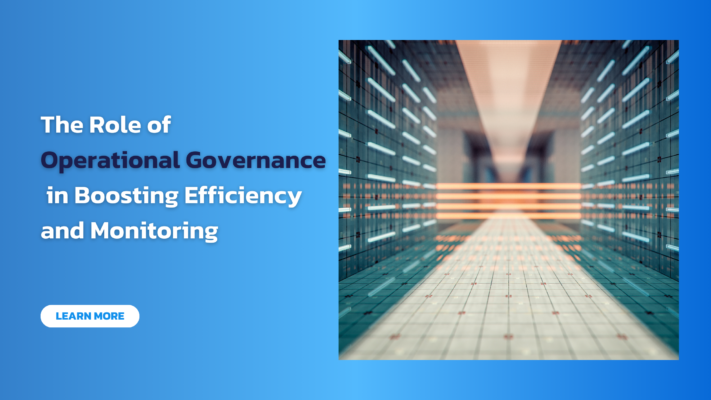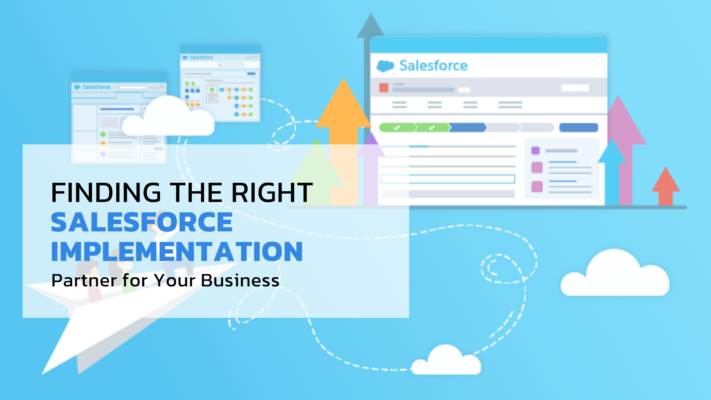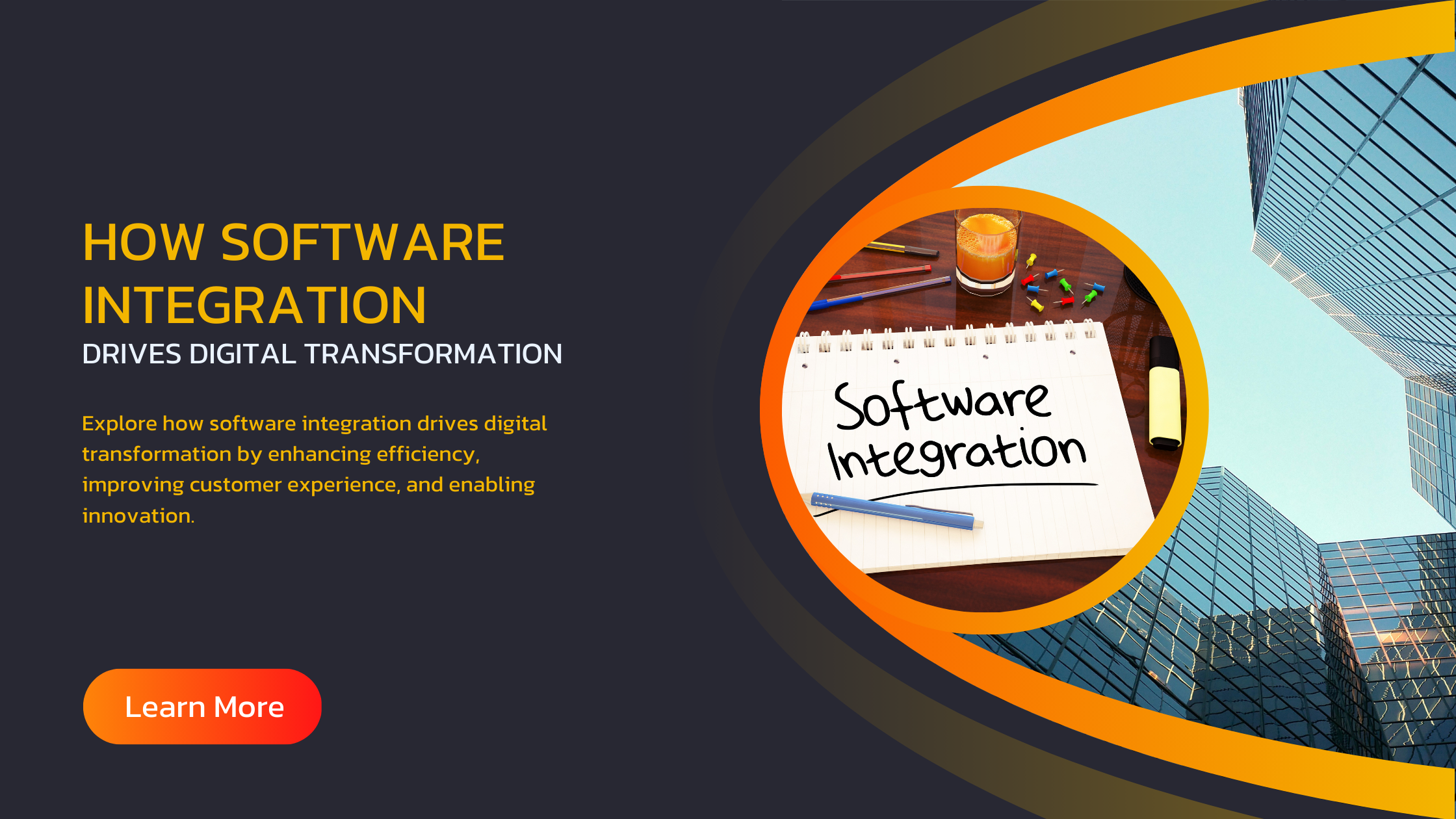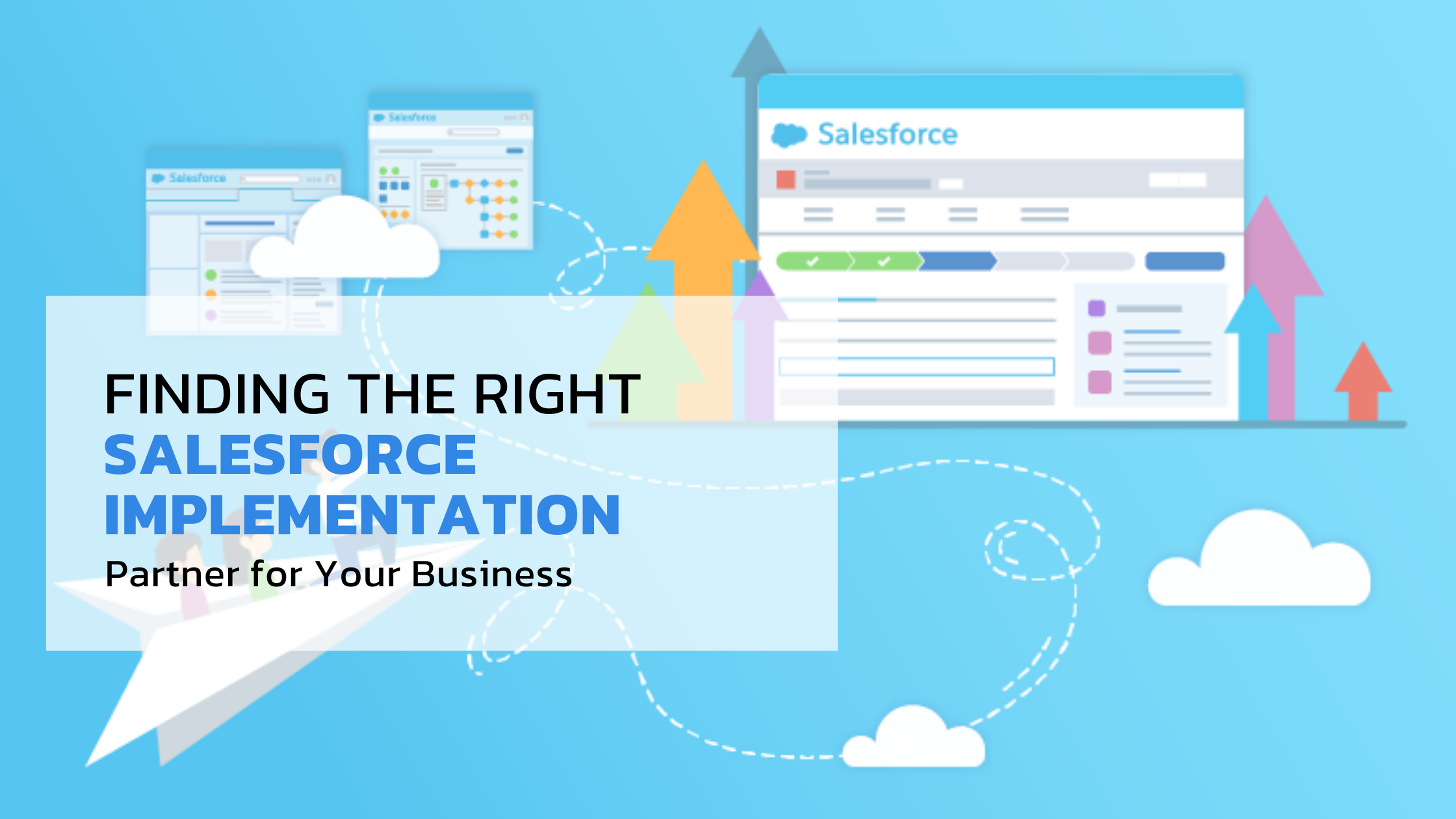
In today’s fast-paced business environment, operational governance has emerged as a cornerstone of successful organizations. This comprehensive framework is designed to enhance efficiency, ensure compliance, and enable organizations to navigate complexities with agility. By establishing clear policies, defined roles, and effective monitoring mechanisms, operational governance plays a crucial role in driving performance and achieving strategic goals.
Understanding Operational Governance
Operational governance refers to the systems, processes, and structures that organizations implement to guide their operations. This framework encompasses various components, including policies, procedures, risk management strategies, and performance measurement tools, aimed at ensuring that all operations align with organizational objectives.
Key Components of Operational Governance
1. Policies and Procedures: These are the formal guidelines that dictate how various operations should be conducted. Policies provide the overarching principles, while procedures detail the specific steps to implement those policies. A well-documented policy framework ensures consistency and clarity in decision-making across the organization.
2. Roles and Responsibilities: Clearly defined roles help delineate accountability within the organization. When employees understand their responsibilities, it promotes ownership and enhances operational efficiency. Each role should have a clearly articulated purpose and alignment with the organization’s strategic objectives.
3. Performance Measurement: Establishing key performance indicators (KPIs) allows organizations to track their progress toward strategic objectives. Performance measurement enables timely adjustments and continuous improvement. By utilizing both quantitative and qualitative metrics, organizations can gain a comprehensive view of their operational effectiveness.
4. Risk Management: An effective operational governance framework identifies potential risks and implements strategies to mitigate them. This proactive approach minimizes disruptions and enhances organizational resilience. Risk management should be an ongoing process, with regular assessments and updates based on emerging threats and vulnerabilities.
5. Compliance: Operational governance ensures that organizations comply with relevant laws, regulations, and standards. This compliance is vital for maintaining trust with stakeholders and avoiding penalties. Organizations must stay updated on regulatory changes and adapt their governance practices accordingly.
Why Operational Governance Matters
1. Enhanced Efficiency
Operational governance is essential for streamlining processes and improving overall efficiency. By establishing standardized policies and procedures, organizations can eliminate redundancies and optimize resource utilization. This focus on efficiency enables organizations to respond swiftly to market demands and enhances their competitive edge.
For instance, organizations with clear operational guidelines can reduce decision-making time, enabling them to react more quickly to changes in the market or customer preferences. Furthermore, efficiency gains often lead to cost reductions, allowing organizations to reinvest savings into growth initiatives.
2. Improved Transparency
Transparency is a crucial element of operational governance. When organizations have clear policies and procedures, stakeholders can easily understand how decisions are made and how operations are conducted. This transparency fosters trust among employees, customers, and partners, contributing to a positive organizational culture.
Transparency also plays a role in fostering accountability. When employees are aware of the processes in place, they are more likely to take ownership of their responsibilities and act in the best interests of the organization. This culture of accountability can significantly enhance overall performance.
3. Better Risk Management
With a robust operational governance framework, organizations can effectively identify and manage risks. By continuously monitoring operations and assessing potential threats, organizations can minimize disruptions and maintain business continuity.
Proactive risk management not only safeguards assets but also enhances an organization’s reputation. Clients and stakeholders are more likely to engage with organizations that demonstrate a commitment to risk mitigation and operational resilience.
4. Enhanced Decision-Making
Operational governance empowers leaders with the necessary information to make informed decisions. Establishing performance metrics and monitoring progress allows organizations to identify trends and areas for improvement, facilitating data-driven decision-making.
When decision-makers have access to accurate and timely information, they can make choices that align with organizational objectives. This informed approach minimizes the risk of costly mistakes and enhances the overall effectiveness of operations.
5. Increased Accountability
Clear roles and responsibilities within the operational governance framework promote accountability among employees. When individuals understand their duties and how their actions impact the organization, they are more likely to take ownership of their tasks and contribute to overall success.
Accountability fosters a culture of trust, where employees feel empowered to make decisions and take initiative. This not only improves morale but also encourages collaboration across teams, as individuals understand their contributions to shared goals.
6. Regulatory Compliance
In today’s highly regulated environment, compliance is critical. A strong operational governance framework ensures that organizations adhere to relevant laws and regulations, reducing the risk of penalties and reputational damage.
Organizations must establish compliance policies that are regularly reviewed and updated. Training programs and communication channels should also be implemented to keep employees informed about compliance expectations.
Implementing Operational Governance

Step 1: Define Objectives
The first step in implementing operational governance is to define the organization’s objectives clearly. These objectives should align with the overall strategic goals and provide a framework for decision-making and performance measurement.
Involving stakeholders in the objective-setting process can foster buy-in and ensure that diverse perspectives are considered. This collaborative approach can lead to more comprehensive and effective governance structures.
Step 2: Establish Policies and Procedures
Once objectives are defined, organizations should develop comprehensive policies and procedures that outline how operations will be conducted. These documents should be easily accessible to all employees and regularly updated to reflect any changes in regulations or operational practices.
Using a collaborative approach to policy development can enhance engagement and ensure that procedures are practical and relevant. Employee feedback during this phase can lead to smoother implementation and adherence to governance practices.
Step 3: Assign Roles and Responsibilities
Clearly defined roles and responsibilities are essential for effective operational governance. Organizations should ensure that all employees understand their duties and how they contribute to the organization’s objectives.
Job descriptions should be regularly reviewed and updated to reflect any changes in roles or organizational structure. Providing training and resources to support employees in their roles is also crucial for success.
Step 4: Monitor and Measure Performance
Regular monitoring and measurement of performance against established KPIs are critical for assessing the effectiveness of operational governance. Organizations should implement tools and systems to track progress and identify areas for improvement.
Data analytics can play a significant role in performance measurement, providing organizations with valuable insights into operational trends. Leveraging technology for real-time reporting can enhance agility and responsiveness.
Step 5: Promote a Culture of Continuous Improvement
Encouraging a culture of continuous improvement is vital for sustaining operational governance. Organizations should solicit feedback from employees, analyze performance data, and implement changes to enhance efficiency and effectiveness.
Establishing regular review cycles for policies and procedures can facilitate ongoing improvement. Additionally, recognizing and rewarding employees for their contributions to continuous improvement can enhance engagement and motivation.
The Future of Operational Governance
As organizations continue to evolve, the importance of operational governance will only increase. Emerging trends, such as digital transformation and remote work, will require organizations to adapt their governance frameworks to remain effective.
Embracing Technology
Technology will play a significant role in the future of operational governance. Organizations can leverage advanced tools and systems to streamline processes, enhance data analysis, and improve decision-making. Automated monitoring and reporting systems can provide real-time insights into performance, enabling organizations to respond quickly to changes in the business environment.
Emerging technologies such as artificial intelligence (AI) and machine learning can further enhance operational governance by providing predictive analytics and automation capabilities. Organizations can utilize these technologies to identify potential risks and opportunities more effectively.
Focus on Sustainability
Sustainability will become an increasingly important consideration in operational governance. Organizations must prioritize environmentally friendly practices and social responsibility in their operations. This will require the development of policies and procedures that promote sustainable practices and align with the organization’s values.
Incorporating sustainability into operational governance can enhance brand reputation and customer loyalty. Stakeholders are increasingly looking for organizations that demonstrate a commitment to ethical practices and environmental stewardship.
Adapting to a Global Workforce
As the workforce becomes increasingly global and remote, organizations will need to adapt their operational governance frameworks to accommodate diverse teams. This may involve redefining policies and procedures to ensure that all employees, regardless of location, can effectively contribute to organizational objectives.
Emphasizing communication and collaboration tools will be essential for managing remote teams. Organizations should prioritize training programs that equip employees with the skills needed to thrive in a remote or hybrid work environment.
Conclusion
Operational governance is a critical framework that organizations must embrace to enhance efficiency, ensure compliance, and facilitate effective decision-making. By implementing robust operational governance structures, organizations can streamline processes, improve transparency, and foster a culture of accountability. As businesses continue to evolve, prioritizing operational governance will be essential for long-term success.
For organizations looking to enhance their operational governance frameworks, partnering with experienced service providers can make a significant difference. Upcore Technologies specializes in developing customized solutions that support operational governance and help organizations achieve their strategic objectives. Their expertise in aligning operational governance with business objectives can empower organizations to navigate challenges and seize opportunities effectively.










